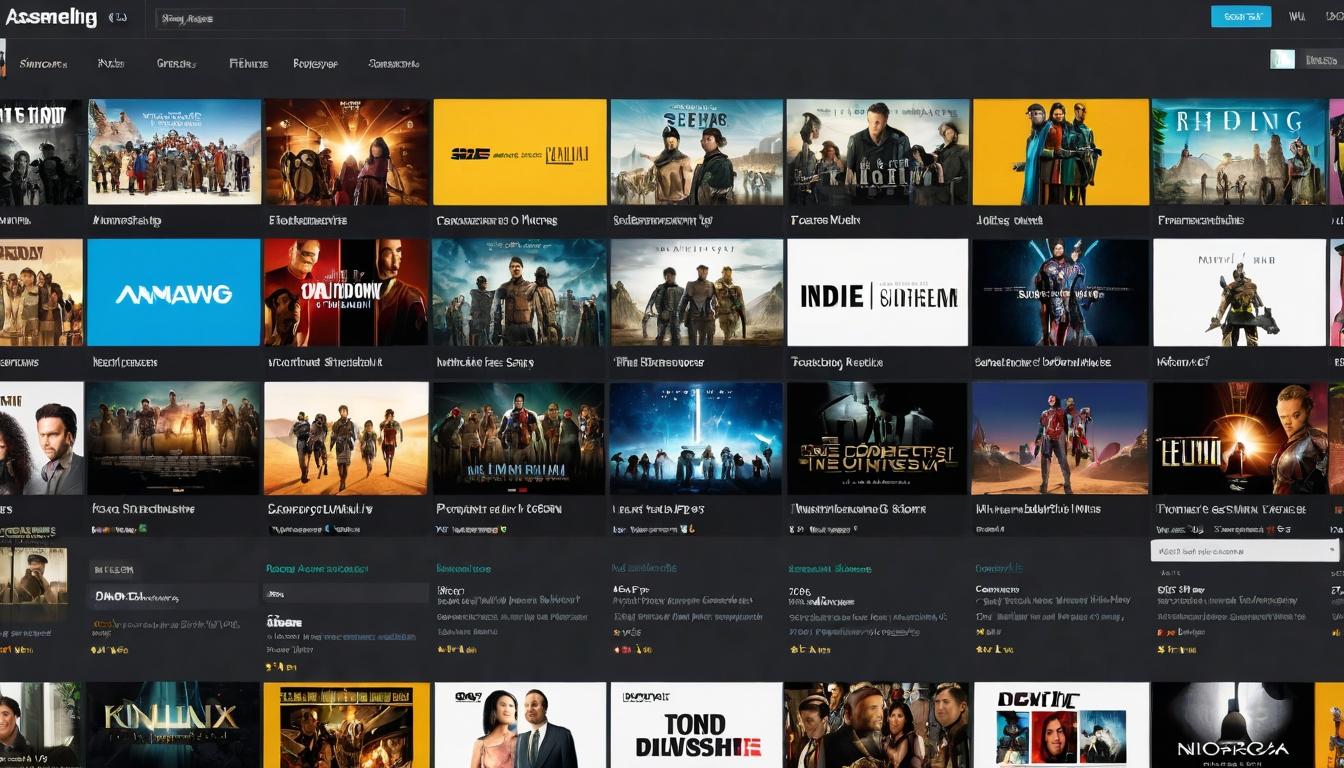In the dim glow of screens across America, a quiet revolution is unfolding—one that has little to do with superheroes or special effects and everything to do with the invisible architecture of our viewing habits. The rise of streaming platforms has transformed not just how we watch films, but what we watch, and perhaps most intriguingly, why we watch it. This shift is driven by algorithms that curate, recommend, and sometimes confine our cinematic experiences to narrow corridors of preference, creating what some critics call the "streaming paradox": more choice than ever, yet less diversity in what we actually consume.
The data doesn't lie. A recent analysis of viewing patterns across major platforms reveals that audiences are increasingly funneled toward a handful of genres and franchises. While libraries boast thousands of titles, the top 10% of content accounts for over 80% of total viewing hours. This concentration isn't accidental; it's engineered by recommendation systems designed to maximize engagement, often at the expense of artistic variety. As one industry insider put it, "We're not in the business of expanding tastes; we're in the business of confirming them."
But what are the cultural costs of this algorithmic curation? For independent filmmakers and foreign cinema, the impact has been particularly stark. Films that might have found a niche audience in the era of video stores or art-house theaters now struggle to break through the noise. Without the algorithmic boost of a "trending" label or a personalized recommendation, many worthy projects languish in obscurity, their potential viewers never knowing they exist. This creates a feedback loop where only the already popular becomes more popular, squeezing out the unconventional and the challenging.
Yet, there's a counter-movement emerging from the margins. Savvy filmmakers and distributors are learning to game the system, using targeted marketing and social media buzz to trigger the very algorithms that once ignored them. Films like "Everything Everywhere All at Once" and "Parasite" didn't just succeed despite the system; they leveraged it, turning word-of-mouth into algorithmic fuel that propelled them to mainstream success. Their journeys suggest that while algorithms may set the rules, human passion can still rewrite them.
The future of film consumption may lie in a hybrid model—one that balances algorithmic efficiency with human curation. Some platforms are already experimenting with "editor's choice" sections and themed collections curated by film experts, not just data points. These efforts acknowledge that while algorithms excel at predicting what we might like, they often fail to introduce us to what we might love. As we navigate this new landscape, the question remains: Will we allow algorithms to dictate our cultural diet, or will we demand a seat at the table?
The streaming paradox: how algorithms are reshaping our cinematic tastes

